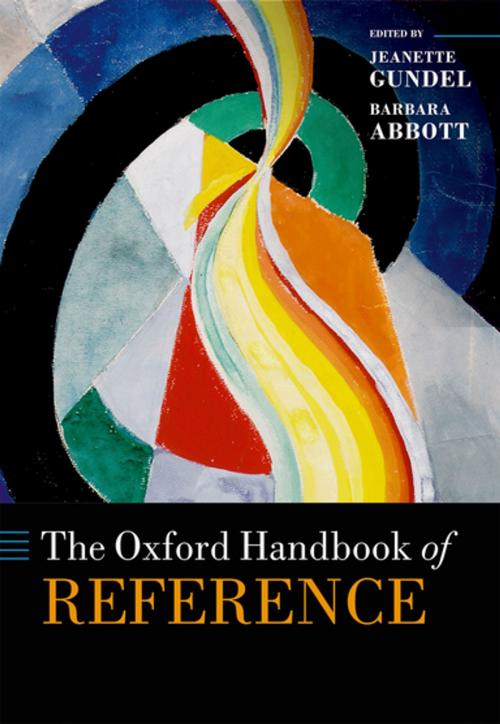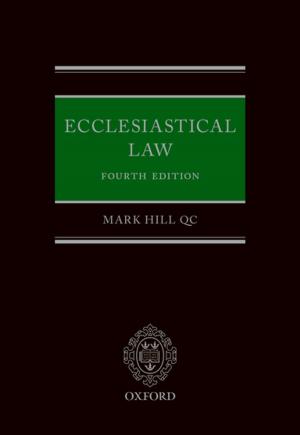The Oxford Handbook of Reference
Nonfiction, Reference & Language, Language Arts, Linguistics, Religion & Spirituality, Philosophy| Author: | ISBN: | 9780191510977 | |
| Publisher: | OUP Oxford | Publication: | February 14, 2019 |
| Imprint: | OUP Oxford | Language: | English |
| Author: | |
| ISBN: | 9780191510977 |
| Publisher: | OUP Oxford |
| Publication: | February 14, 2019 |
| Imprint: | OUP Oxford |
| Language: | English |
This handbook presents an overview of the phenomenon of reference - the ability to refer to and pick out entities - which is an essential part of human language and cognition. In the volume's 21 chapters, international experts in the field offer a critical account of all aspects of reference from a range of theoretical perspectives. Chapters in the first part of the book are concerned with basic questions related to different types of referring expression and their interpretation. They address questions about the role of the speaker - including speaker intentions - and of the addressee, as well as the role played by the semantics of the linguistic forms themselves in establishing reference. This part also explores the nature of such concepts as definite and indefinite reference and specificity, and the conditions under which reference may fail. The second part of the volume looks at implications and applications, with chapters covering such topics as the acquisition of reference by children, the processing of reference both in the human brain and by machines. The volume will be of interest to linguists in a wide range of subfields, including semantics, pragmatics, computational linguistics, and psycho- and neurolinguistics, as well as scholars in related fields such as philosophy and computer science.
This handbook presents an overview of the phenomenon of reference - the ability to refer to and pick out entities - which is an essential part of human language and cognition. In the volume's 21 chapters, international experts in the field offer a critical account of all aspects of reference from a range of theoretical perspectives. Chapters in the first part of the book are concerned with basic questions related to different types of referring expression and their interpretation. They address questions about the role of the speaker - including speaker intentions - and of the addressee, as well as the role played by the semantics of the linguistic forms themselves in establishing reference. This part also explores the nature of such concepts as definite and indefinite reference and specificity, and the conditions under which reference may fail. The second part of the volume looks at implications and applications, with chapters covering such topics as the acquisition of reference by children, the processing of reference both in the human brain and by machines. The volume will be of interest to linguists in a wide range of subfields, including semantics, pragmatics, computational linguistics, and psycho- and neurolinguistics, as well as scholars in related fields such as philosophy and computer science.















